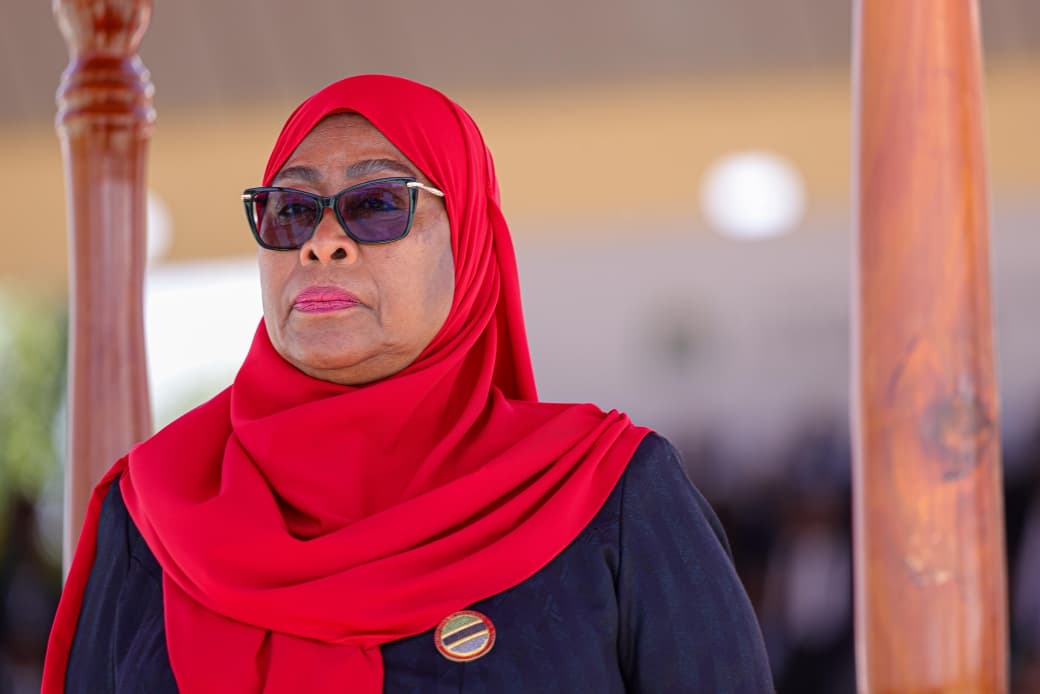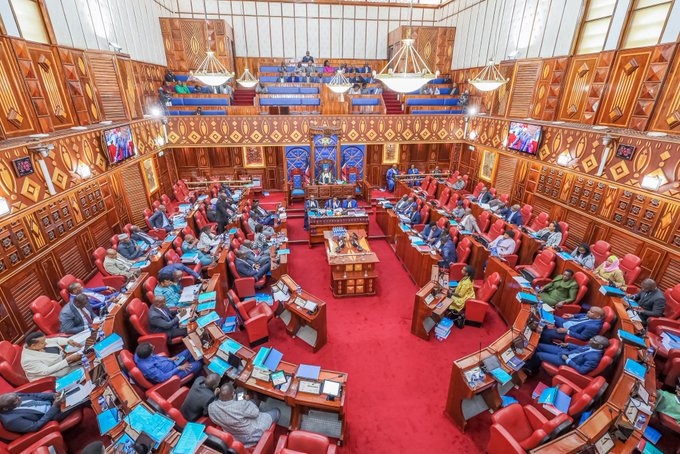The quest of the Ministry of Health (MoH) to deliver quality healthcare for all is a daunting task due to inadequate resources in the health sector.
It’s imperative to note that the Ministry of Health alone will not surmount the challenge of delivering quality healthcare for all.
Collaboration and partnerships can help improve integration and quality in Kenya’s healthcare and enhance health outcomes.
Collaboration and partnerships are therefore not an option but a fundamental and inherent component of superior health delivery.
The MoH published Health Sector Partnership and Coordination Framework 2018-2030 as a guide in the development of partnerships.
The framework represents a joint effort by all health sector stakeholders on how to better coordinate and align efforts towards improving the health of all Kenyans and the health agenda as elaborated in the Kenya Health Policy 2014-2030.
To signify the importance of partnerships, President William Ruto on April 17, 2023, lauded development partners for their contribution to Kenya’s public health.
He further noted their contribution to the journey towards Universal Health Coverage and high-impact strategic health programmes in the country.
The President has consistently averred that his government shall continue to collaborate with like-minded partners to make healthcare inclusive, accessible, affordable, and of high quality.
This calls for all stakeholders to live up to this call as they deliver their mandate.
Speaking during a consultative meeting between Governors and development partners held on October 31, 2022, COG Chair Anne Waiguru pledged to work in collaboration with development partners to strengthen devolution in Kenya and ensure effective coordination of programmes across the 47 Counties.
MoH has embraced collaborations and partnerships by working closely with a variety of stakeholders including private health care providers, manufacturers of health products and technologies, state agencies, civil society, and development partners in health.
There is definitely room to upscale current gains.
The Ministry has initiated collaborations and partnerships with manufacturers of innovative drugs in the fight against the main Non-Communicable diseases (NCDs) (cancer, diabetes, cardiovascular diseases, chronic obstructive pulmonary disease and mental disorders).
Locally, MoH has partnered with The Heart-to-Heart Foundation, a Kenyan medical charity to provide care to children with heart conditions. Ministry of Health estimates that over 200,000 children below the age of 18 are currently suffering from heart conditions.
MoH and AstraZeneca have signed a Memorandum of Understanding to provide highly subsidized hypertension products to Public Health Facilities, Faith Based Organizations and Non-Governmental Organization.
KEMSA has to partnered with innovator manufacturers to avail lifesaving Non-Communicable Diseases innovator drugs.
Most commendable is the partnerships that the Ministry has initiated with development partners in Kenya and civil society.
UN agencies, Development partners, and implementing partners like USAID, Global Fund, JICA, DANIDA, World Vision, AMREF among others have made tremendous contributions to the health sector in Kenya.
Ms. Pelin Incesu, Area Vice President, Middle East & Africa at AstraZeneca affirms that AstraZeneca has seen the benefits of working collaboratively by joining forces with a range of partners to explore innovative ways of making medicines more affordable, accelerating innovation, and delivering value to healthcare systems.
It’s imperative to note the fundamental contribution made in the health sector through collaborations and partnerships and ensure that each party adheres to the agreed-upon MoUs in the partnership initiatives and voluntary commitments.
It’s important to note the enormous efforts made in integrating service delivery between stakeholders enhancing synergy and efficiency in service delivery.
KEMSA has performed exemplary well in the integration of health supply chains.
The authority is working in partnership with many partners in streamlining health products and technologies supply chains.
Parallel health supply chains are slowly but surely diminishing.
Deliberate efforts must be made by all stakeholders to nurture the partnerships to make them transformational and not transactional.
This demands active participation in intergovernmental consultative meetings by all stakeholders.
Mutual trust and respect are essential for any successful collaboration or partnership initiative.
Every partner has their respective mandate and MoH should create an environment in which every stakeholder feels welcomed, fairly treated, and fully supported to make their contribution to healthcare.
Eliud Muriithi, Director of Commercial Services Kenya Medical Supplies Authority (KEMSA)













